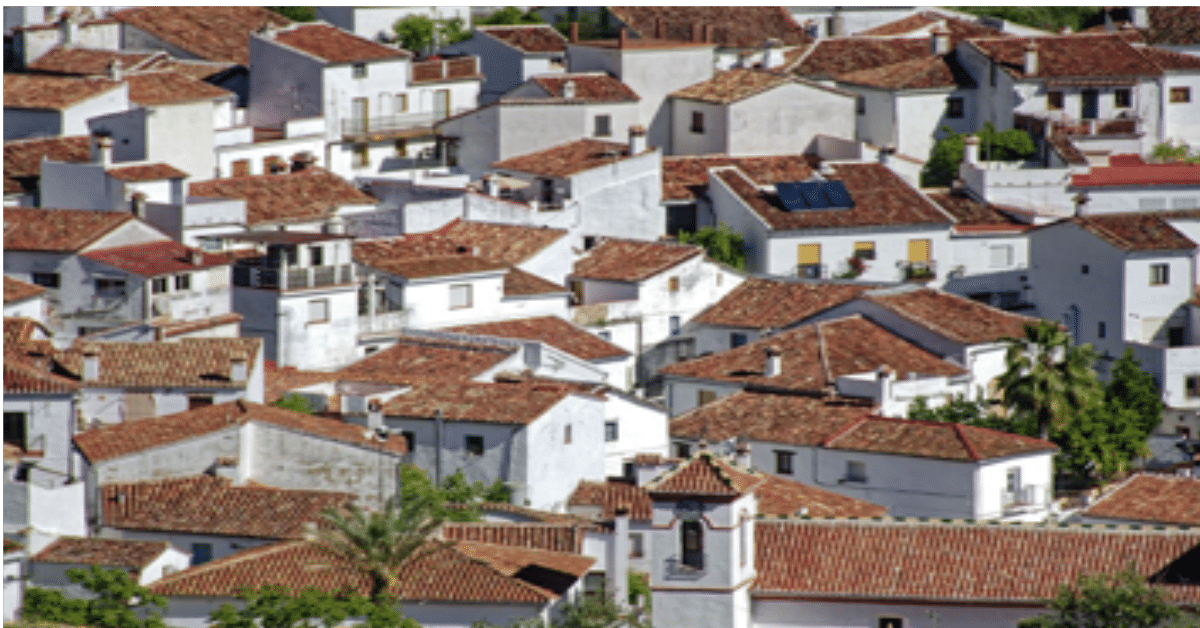Despite the latest advances in the regulation, collective self-consumption has not yet got rid of long procedures and complicated bureaucracy that are leading to important delays and social demotivation, while local energy communities await for its legal framework.
● Lack of knowledge and pedagogy on the different modalities of collective energy models.
● The legal and technical framework to launch a collective energy project is complex, confusing and long.
● No specific legislation for energy communities in Spain
The development of collective energy models is key in a country such as Spain, where nearly 70% of the population lives in block flats. However, there is still a lack of knowledge on how collective self-consumption works, regularized through Royal Decree 244/2019, and the possibility it gives for several consumers to share the energy generated by a photovoltaic plant in a building rooftop, through different modalities: (i) without surplus, (ii) with simplified compensation, applied to installations of less than 100 kW, and (iii) with surpluses but without compensation (after ‘IDAE’ Guide recently updated).
The current regulation establishes the need that a third of the owners accept the initiative for private use, or a simple majority for community elements use. Also, the Spanish Government approved last October 2022 the social demanded extension from 500 m to 2 km the maximum distance established for self-consumption between the point of electricity generation on the roof (where the solar panels are installed) and the point of consumption (where the plugs are located).
Collective energy projects are still suffering important delays, by a back and forth of documentation, permits and procedures between the regional government, that apply for and manage the grants, and electricity companies (distributors and retailers) responsible, among others, for contracts and the connection to the grid, that is taking between 6 month and a year.
The lack of control on electric companies to comply with their obligation timely and effectively, is generating an increase in cost, lack of amortization of the investment and other economic consequences, together with demotivation and loss of public trust.
Despite the fact that there is no specific legislation in Spain, the next step is to become an energy community in order to depend as little as possible on the large electric companies. Energy communities are constituted as legal entities and as such can generate and sell energy, pursuing the benefit of neighbours and associates (individuals, companies or entities) through the reduction of energy costs and the acquisition of more sustainable energy consumption habits, in addition to generating other measures that can improve energy efficiency and community well-being.

